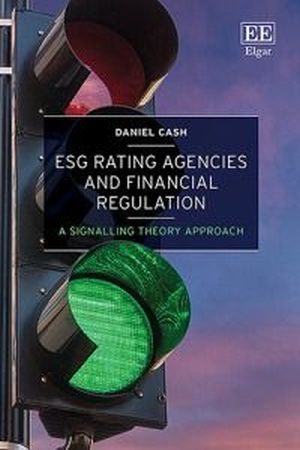
ESG Rating Agencies and Financial Regulation presents an essential and nuanced understanding of rating agencies through the utilisation of signalling theory. Daniel Cash provides fresh insight on the role of ESG rating agencies in the financial market and explores the relationship between ESG and modern business practices to explain the continued drive for effective ESG rating agencies.
This cutting-edge book offers analyses of the latest regulatory endeavours involving ESG ratings while acknowledging the pitfalls of such agencies, including a lack of transparency and variant stakeholder preferences. Through the application of signalling theory, Cash concludes that while credit ratings agencies continue to prevail due to the sense of trust provided by the involvement of third parties in financial transactions, the same is not yet true of ESG rating agencies. Cash demonstrates that for these agencies to be truly efficient they must operate as an oligopoly, an approach that may seem uncomfortable to many. The book provides an up-to-date investigation of why a natural oligopoly is desired in the ESG rating space and summarises the consequences of this for both investors and regulators.
Academics and students of financial law, economics, and financial sustainability will find this book to be an invaluable resource. Due to its practical implications, the book will additionally benefit sustainability-concerned regulators.